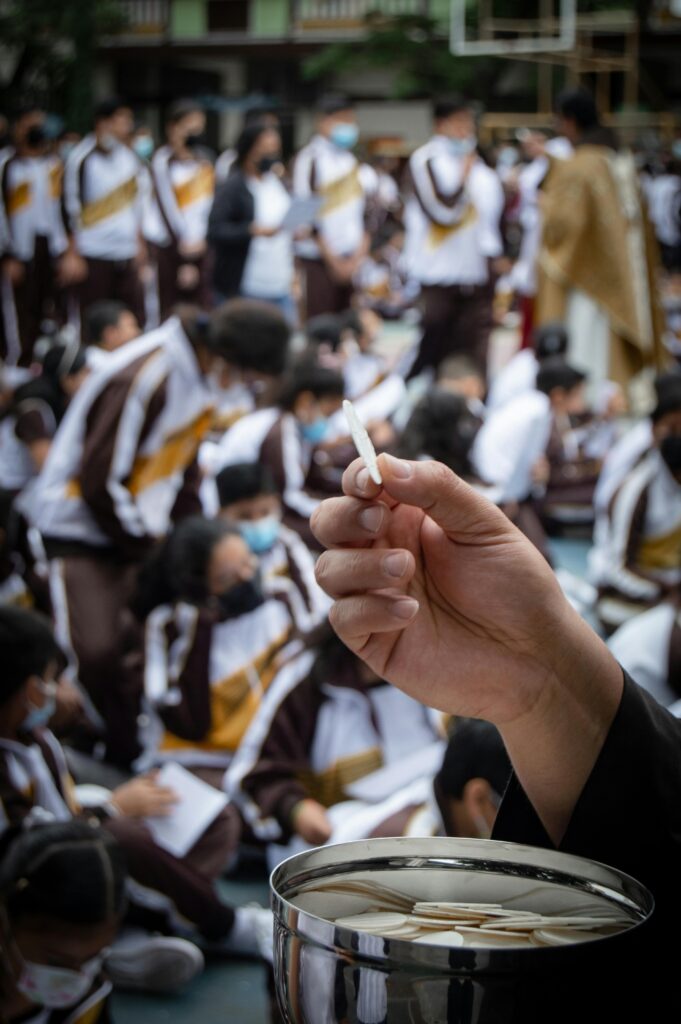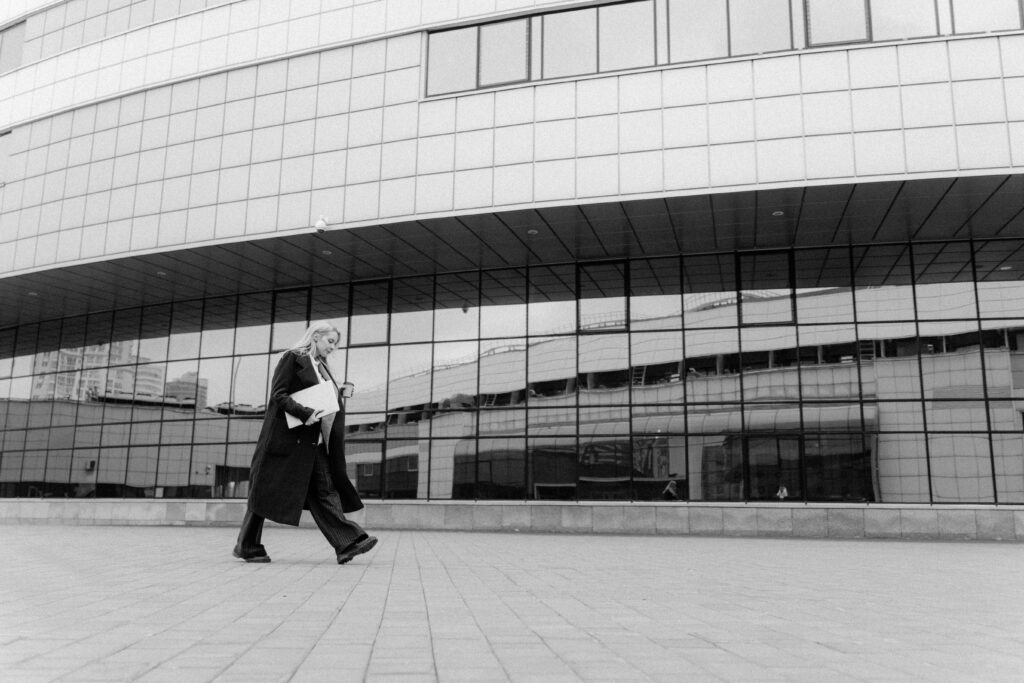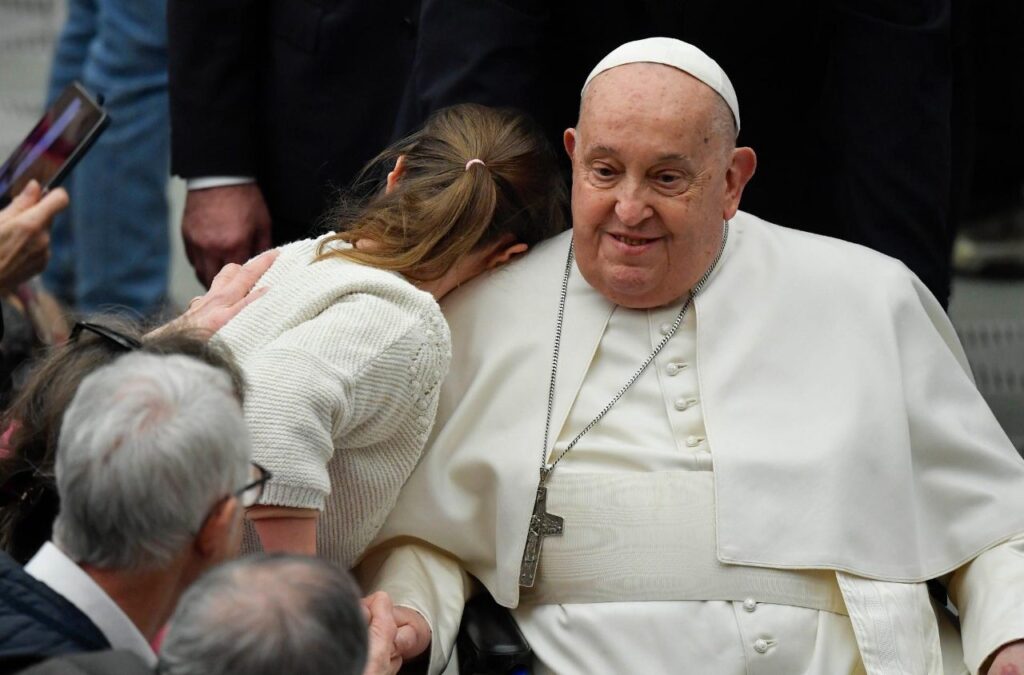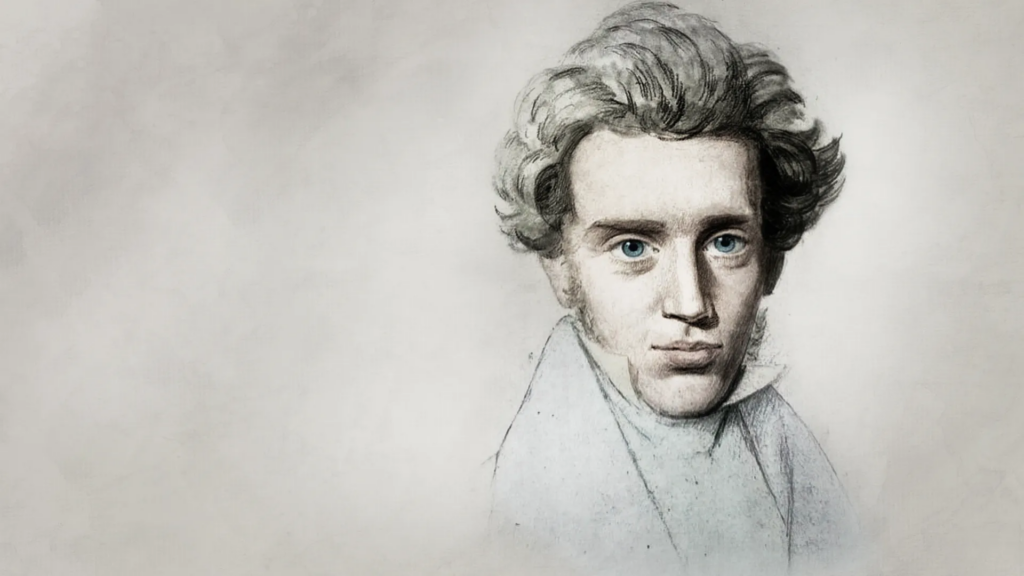Communion: God is Love and he gives himself to us entirely
Educate in faith: Communion

The series is dedicated to “educating in the faith” on the topic of the sacraments as a means to educate our children. This week: Communion.
After having approached the baptism and confession of our children, we have to talk about one of the days that will surely remain engraved in their memory: their first communion.
Logically, the first communion is closely linked to the first confession. Forgiveness and union with God. The hug and the food. What a wonderful day it is for the first communion! And I think that, if we live it well, in most cases it is more intense, more alive (spiritually speaking) for the parents than for the child. It shouldn’t be that way, but we would be disingenuous if we didn’t acknowledge it.
One of the reasons why the first communion has become a pagan-festive soirée is, of course, the stupid quantity and quality of gifts. For this, there is a very good antidote which is to always give a gift that is linked to the event we are celebrating: giving a rosary, a prayer book, the book of life of the saint of the child’s name, or a children’s Bible. Anything before the star gift: the mobile phone (which, regardless of religious issues, no human being should have one before the age of 14, at the earliest) and of course before the envelope with money (for simple reasons of elegance).
Having faith is living facing God and how to do it better than by living communion very frequently.
As Catholics, we must remember that not all Christians celebrate the sacrament of the Eucharist. Many Christians in their celebrations say the same words that we do, the same that Jesus said in the Upper Room, but they do it as a simple reminder, not as a sacramental act through which the Holy Spirit gives life to the bread, turning it into the body of Christ and the wine turning it into His blood. They cannot conceive, not even remotely, that God himself becomes present, with his body and his soul, with his humanity and his divinity before men.
And without a doubt, Holy Communion is the greatest mystery conceivable to human beings. So much so that no mere man could have ever imagined it. It was Jesus himself, God, who revealed his presence to us. And he not only did it at the last supper, but he was announcing it for three years so that when the time came a few could understand it, within the great limits that make up us.
God is present in the world and also becomes food, allowing us the most intimate union conceivable.
It is so absolutely enormous that the best we can do is approach Him with the greatest possible humility, grateful for His infinite mercy.
As the new blessed D. Álvaro del Portillo said on a visit to Mexico: “I have been communing daily for 62 or 63 years, and it is like a caress from God.”
Almost as great as the mystery of the Eucharist is believing in Him and rejecting Him. How can you believe that Christ is in the Tabernacle, that he offers himself entirely to you, and renounce Him?
For a Catholic to renounce communion is to renounce Life.
But there are more and more Catholics who intend to live as Protestants: without confession, without communion and without devotion to the Virgin Mary. If they take those three things away from us, of course we become Protestants, since we have no shortage of reasons to protest.
But naturally we owe so much respect to communion, we are so unworthy of feeding on the body of God himself, that it is better to renounce receiving him if we have not asked for forgiveness for not having lived as his children. I insist on the very intimate relationship between confession and communion. The hug and the food. Like the prodigal son – which is a very beautiful Eucharistic parable.
The first communion, and from then on each one of them, should be an occasion to talk to our children about adoration of the Blessed Sacrament.
For this it is very important and very necessary to recover the tradition of visiting Our Lord, every day, at least if we pass in front of a church, stop for a moment even if only to tell the Lord that we would like to be with Him, but that we have a thousand things to do, and we don’t have time, but whatever we do we will do the best we can for Him.
Communion, Eucharist. How difficult it is to live the Holy Mass with small children. There was a time in my life when I could say that I went to Mass every Sunday, but I hadn’t heard Mass in years.
No problem. Courage and patience. To think that we are not in church for ourselves, but for Him. The Lord will be delighted to see our children, to see the efforts we make to bring them closer and to see that, despite the difficulties, we do not stop going to see Him. To the children, for their part, from their incomprehension and their innocence, we are clearly transmitting the message that we love the Lord so much, that no matter how crying or how annoying they get, our love for the Lord is greater, and we will not to stop going to see our Father, who is theirs.
Thinking about the Eucharist is, inevitably, thinking about love. If love can be defined by self-giving, is there any greater self-giving than offering oneself as food? God is Love, and he gives himself to us entirely. That is communion. Thanks my Lord!
Related

Reversing Social Deterioration: A Task That Begins in Business Management
Alejandro Fontana
25 April, 2025
4 min

The Revolution of Tenderness
María Elizabeth de los Ríos
25 April, 2025
3 min

His Hope Does Not Die!
Mario J. Paredes
24 April, 2025
6 min

The Religious Writer with a Fighting Heart
Francisco Bobadilla
24 April, 2025
4 min
 (EN)
(EN)
 (ES)
(ES)
 (IT)
(IT)

